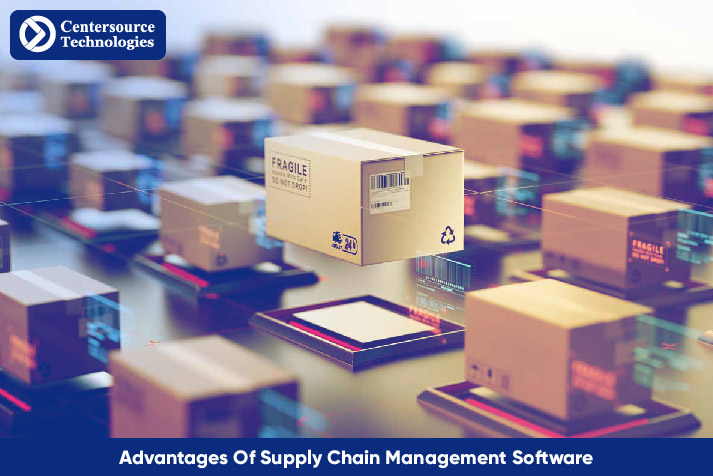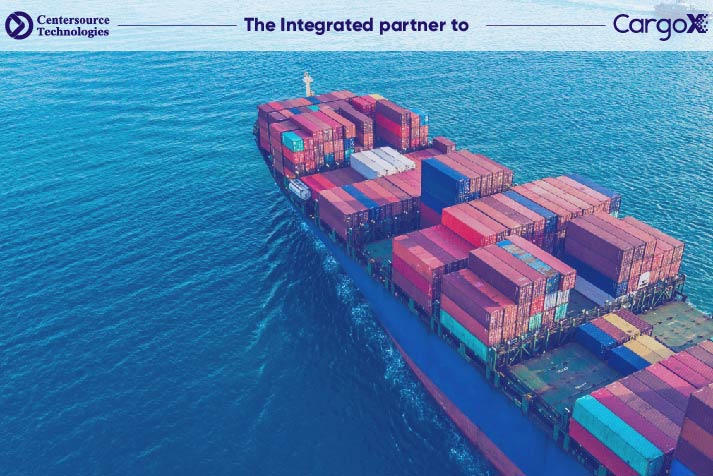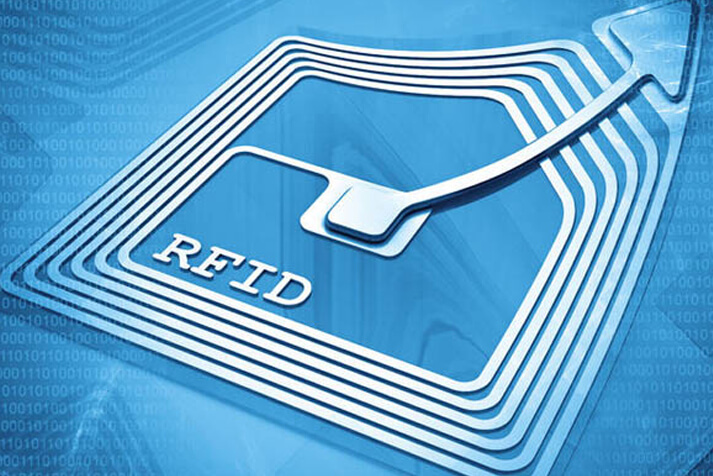Benefits with Supply Chain Software
The global economy is constantly changing and so is the way of managing businesses. In the time of digital transformation, which one could argue that we are in now, it is a key factor for companies to use state-of-the-art solutions in order to stay competitive. In the recent years many different supply chain SaaS has appeared, and it is very logical since supply chain management (SCM) is a very wide concept in which many parts are typically managed very primitively.







